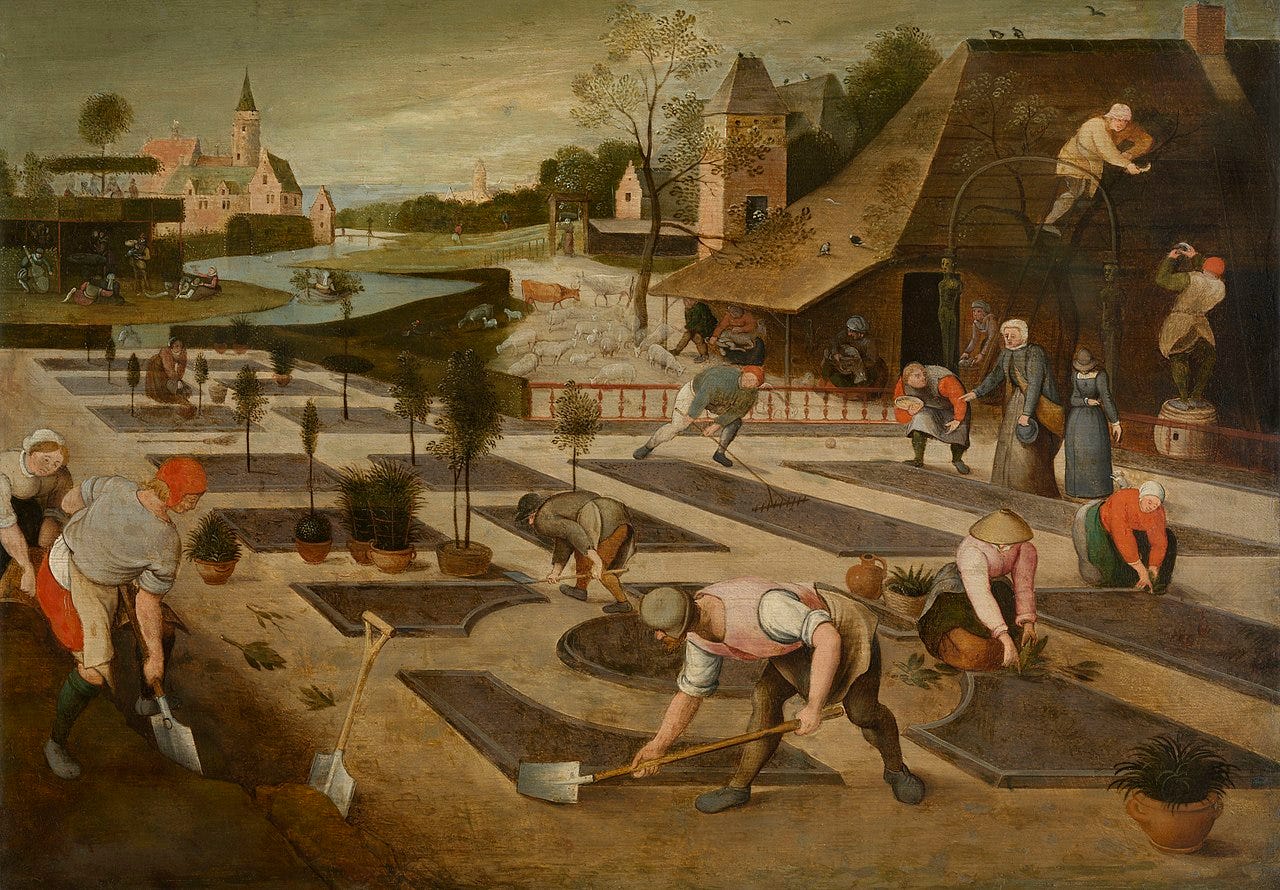
Poems of Sentiment was the name Ella Wheeler Wilcox (1850–1919) gave to her 1892 collection of verse — and just in the title itself one can hear what would cause a sneer in later generations. Sentimentality as a goal for art did not age well through the nineteenth century, and even as the steam-driven presses of the time spread sentimental literature and artistic reproductions more widely than ever before, a critical decision had been made against it.
If someone like Henry Wadsworth Longfellow (1807–1882) was good enough to survive the turn against sentiment, someone like Ella Wheeler Wilcox was not. If she survives at all, it’s mostly as a figure of derision. “Laugh, and the world laughs with you; / Weep, and you weep alone,” from her 1883 poem “Solitude,” is one of her few lines with any currency, and hardly anyone who quotes it remembers the name of its author.
Keep reading with a 7-day free trial
Subscribe to Poems Ancient and Modern to keep reading this post and get 7 days of free access to the full post archives.



